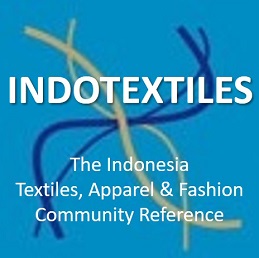The recent issuance of Minister of Trade Regulation Number 36 of 2023 by the Indonesian government, which addresses import policies, has stirred concerns, particularly among batik craftsmen, notably those in small and medium industries (IKM). While the policy aims to regulate the import of textiles and batik textile products for the needs of ministry agencies or public interest, its potential impact on local artisans has raised apprehensions.
Jemmy Kartiwa Sastraatmaja, the General Chair of the Indonesian Textile Association (API), voiced his concerns regarding the policy. He believes that it might create opportunities for the influx of batik-patterned fabric from abroad, particularly China, which could adversely affect the majority of small-scale IKM batik craftsmen.
This sentiment is echoed by Mohammad Faisal, the Executive Director of the Center of Reform on Economics (CORE). Faisal deems the policy inappropriate, especially in the current climate where domestic textile exports are witnessing a significant decline. He suggests that the government should focus on expanding access to the domestic market for local products instead.
Nailul Huda, the Director of the Digital Economy at the Center of Law and Economic Studies (Celios), brought attention to the legal flaws in the policy. Huda emphasizes that imports of batik or batik-patterned cloth have been ongoing for a substantial period, with imports from China impacting numerous local batik producers. He advocates for stricter controls on batik imports, particularly from China, urging the government to show greater respect for local batik producers who contribute to the craft through artistic and traditional methods, not just mass production.
Huda suggests that the government prioritize the use of batik from local producers in various regions rather than relying on imports. While there may be arguments related to uniforms and large-scale production, he views this as a justification for importing batik cloth.
Balancing policies that affect batik and similar textile product imports with the protection of the local batik industry, which holds historical value and traditional craftsmanship, is crucial. The government must carefully consider the delicate balance between import interests and the sustainability of the domestic batik industry to ensure the continued prosperity of local batik craftsmen. Preserving the historical and cultural significance of batik requires a thoughtful approach that safeguards the interests of local artisans while also navigating the complexities of global trade.





